Go ye therefore, and teach all nations, baptizing them in the name of the Father, and of the Son, and of the Holy Spirit, teaching them to observe all things whatsoever I have commanded you; and lo, I am with you alway, even unto the end of the world. Amen [1] .
The Orthodox Word has one single reason for existing: to preach the truths of Orthodox Christianity, and in so doing to draw together those of like mind so as to offer a united witness of these truths. It is addressed to Orthodox of all nationalities, to converts to the Orthodox faith, and to those outside the Church who desire to learn more of her faith and practice.

The editors are fully conscious of their total inadequacy to fufill the intentions thus set forth. No one man, or group of men, can himself speak for the Church of Christ. It is nonetheless possible to speak from within the Church, in conformity with Orthodox tradition; and it is this that we shall attempt to do. The editors are members of the Russian Orthodox Church Outside of Russia and obedient to the Synod of that Church; but our collaborators will include members of other Orthodox Churches who are concerned to preserve Orthodox truth and tradition in their fulness. Outwardly, it is true, the Orthodox Churches present a divided front to the world. Historical circumstances since even before the fall of Constantinople in the fifteenth century have dictated the development of national Orthodox Churches in relative isolation from each other; and in the twentieth century modernist ideas and capitulation to Communist governments have caused division within some Orthodox Churches and swerved many from the path of faithfulness to our Lord. But in all Orthodox countries today there is at least a faithful remnant of believers who stand ready to witness their faith uncompromisingly before the contemporary world, even as far as to share the martyrdom which many of our Orthodox brothers have suffered in this century. Among such believers there exists a unity that is quite independent of international or Pan-Orthodox conferences; it is the unity of all who rightly believe and confess the Orthodox faith. The Orthodox Church of Christ is one and indivisible in all her members who have remained faithful to the truth which each local Church has possessed from its foundation.
Of reliable material concerning the Orthodox Church comparatively little has as yet appeared in English, whereas in several of the traditional Orthodox languages—in particular Greek and Russian—there is a veritable treasure-house of texts that await translation. One of the purposes of this journal will be to begin to open this treasure-house and distribute its riches to those who hunger for them. It is, after all, the proper function of a treasure, not to sit idle in a closed vault, but to be used; the treasures of Holy Orthodoxy are above all a current currency the value of which can best be proved in the lives of contemporary Christians.
Among the most important Orthodox treasures are the lives of the saints, which give us examples of a true life in Christ. The lives of recent saints are no less instructive in this regard than the lives of the early saints; and the inclusion of both in The Orthodox Word should serve to emphasize the fact that the Christian life has not become outmoded in the contemporary world, but in fact has changed not at all throughout the centuries. The twentieth century too has had its saints: one of the very greatest of Russian saints died as recently as 1908, and the martyrs of this century probably outnumber those of the entire age of martyrs that sustained the early Church.
Another valuable Orthodox treasure consists of the writings of the saints and holy fathers of the Church, both on the practical problems of the Christian life and on more general subjects such as Orthodox doctrine, the sacraments, Church history, services, and the major feast-days of the Church year. Yet another source of spiritual riches for Orthodox Christians are the icons of our Lord, His Most Holy Mother, the saints, and feast-days. It is planned that at least one of these will be reproduced in each issue, together with an explanation of its meaning and an account of its history and miracles.
This, then, will be the primary function of The Orthodox Word: to make more generally available some of the basic sources of the Orthodox faith. In some cases this will involve explanatory or introductory essays, so as to make accessible to contemporary readers material which might be easily misinterpreted by those who are not intimately acquainted with the life and thought of the Church. Besides this, the periodical will present information on contemporary happenings in the Orthodox world. Orthodoxy, it need hardly be said, is now “in the news.” The dispersal of Orthodox of every nationality into the West, the increase of converts to Orthodoxy in Western Europe and America, the state of the suffering Church behind the Iron Curtain, meetings on an official as well as a personal level with Roman Catholics and Protestants, as for example at the Vatican Council and in the World Council of Churches, and critical events within the Orthodox world itself—all these and other factors combine to attract the attention of a Western world which, until recently, had virtually ignored the existence of the Orthodox Church for centuries, or had regarded her at best as a part of the fossilized East.
But if Orthodoxy has become “newsworthy,” by no means all of the news about her has been good. The position of Orthodoxy in the world, her relations with other Churches, and even the relations of Orthodox Churches among themselves, are quite complicated and they must be viewed critically and soundly interpreted in the light of Orthodox truth and tradition, with the intention of remaining absolutely faithful to these, in spirit as well as letter. In their own poor way the editors of The Orthodox Word will attempt to fulfill this solemn duty.
Always we shall hope to be guided by the awareness that governs the lives of all faithful Orthodox Christians, an awareness which no temporary complications should efface. The Orthodox Church is not merely one Church among many, not merely a “fourth major faith,” but the one true Church of our Lord Jesus Christ to which all men are called and against which “the gates of hell shall not prevail” (St. Matt. 16:18). She is not merely one of many “newsworthy” items, but the sole container of the whole mystery of God’s creation and His plan for mankind.
It is thus with a basically missionary purpose that this journal has been begun. That is why our patron and heavenly protector is Father Herman of Alaska, one of the first Orthodox missionaries to the American continent and exemplar of the life of asceticism, prayer, and faithfulness to our Lord’s commandments to which every Christian, according to his strength, is called. It is as the joint labor of a brotherhood in the name of Father Herman that we present this journal, with an earnest appeal to others of like mind to join us, with articles and translations, with comments, and most of all with prayer, that this labor may be, with God s blessing, for the good use of the One Holy Catholic and Apostolic Church of our Lord Jesus Christ.
[1] St. Matthew 28: 19-20

by Saint Seraphim of Platina [†1982]
The Orthodox Word, Volume 1, No. 1, 1965, pp. 17-20
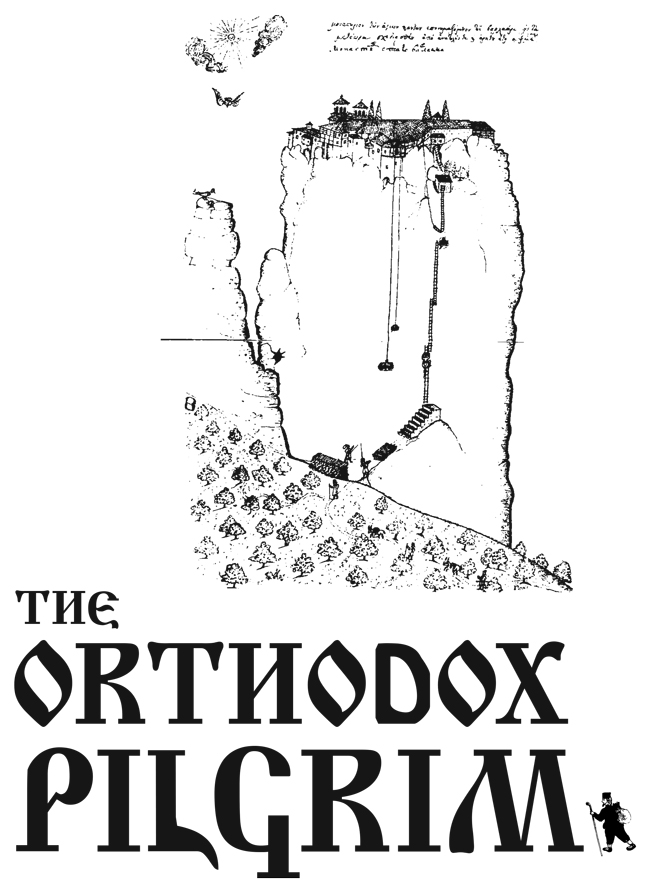
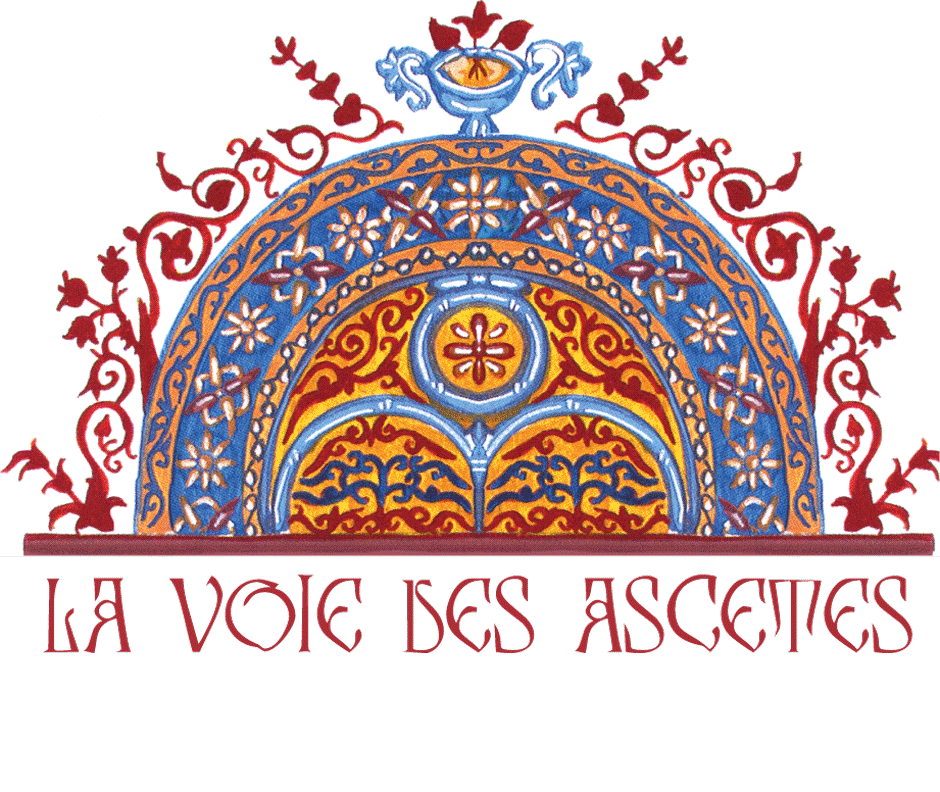
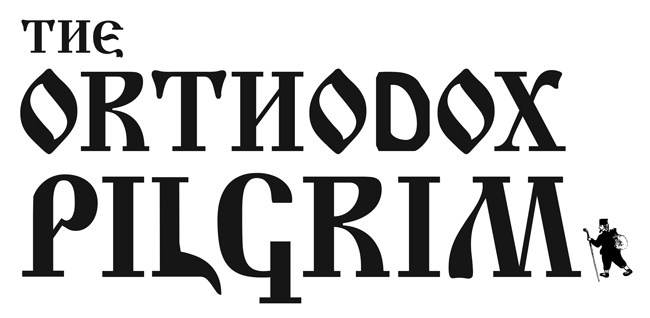
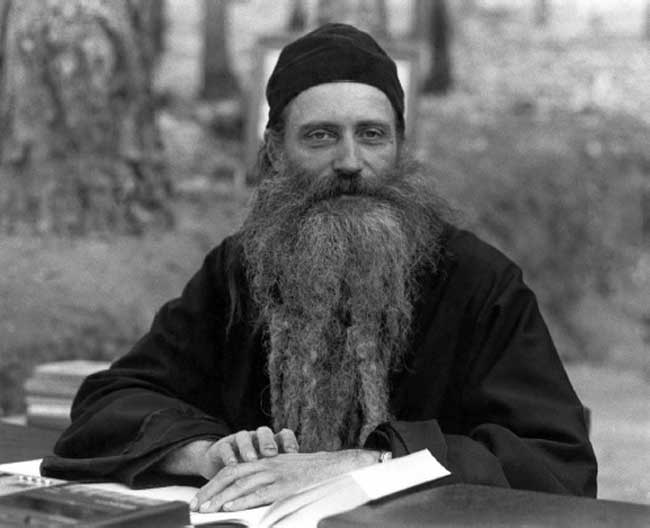
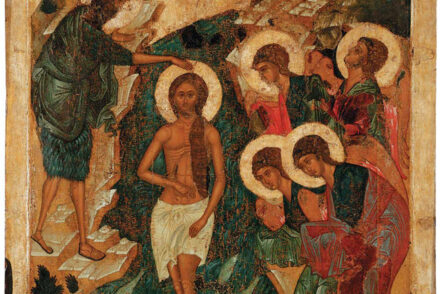

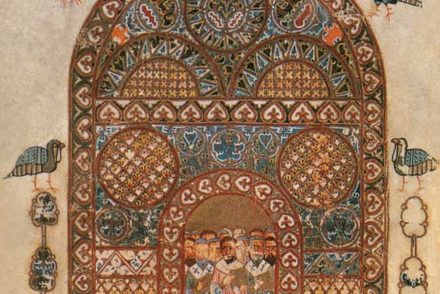
Pas de commentaire